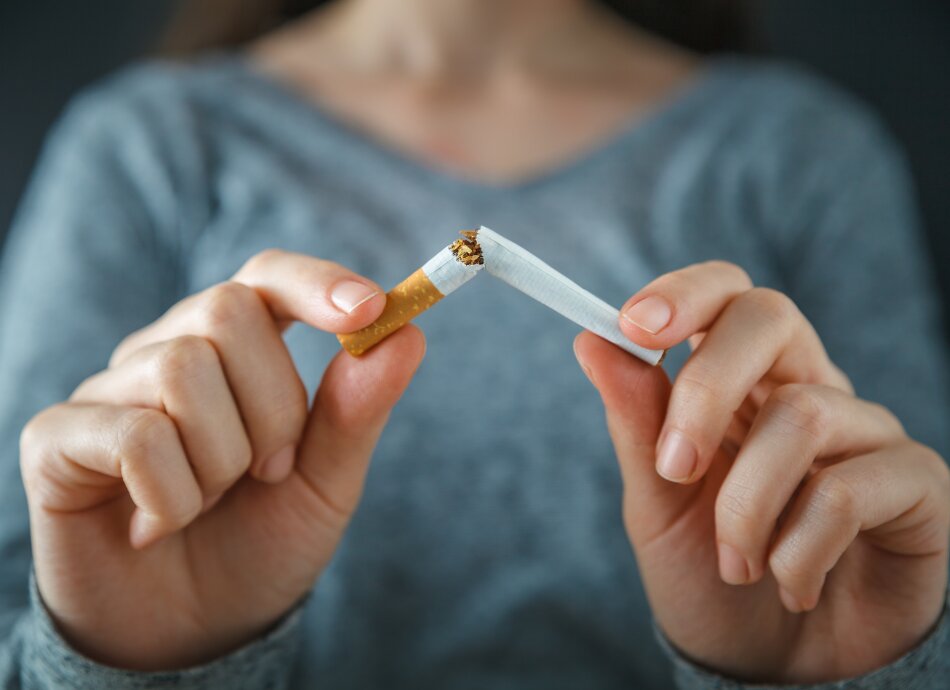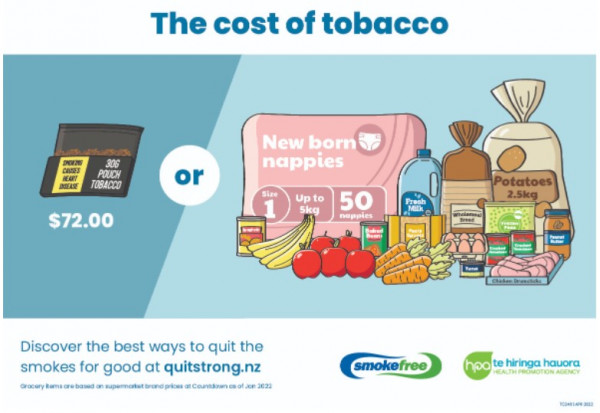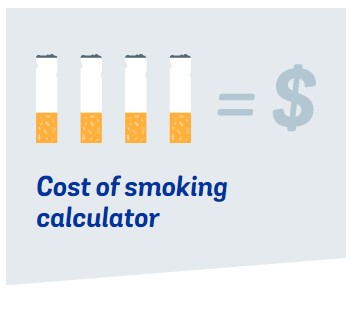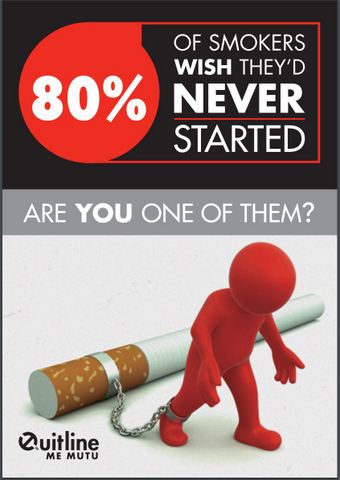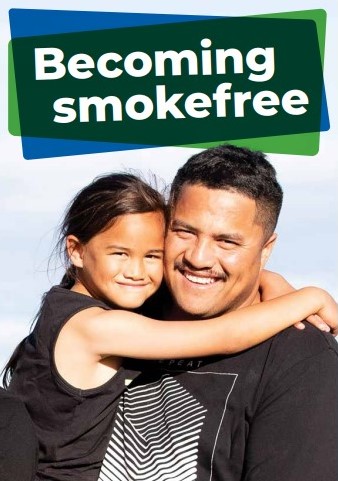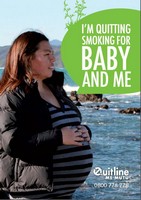There are lots of important reasons to quit. Here are a few health benefits:
- Smokers who do not quit have a 1 in 2 chance of dying of a smoking-related illness – most commonly lung cancer and other lung disease such as emphysema, heart disease and stroke.
- Smoking is a major cause of blindness.
- Smoking starves your skin of oxygen making it dry and grey. You develop wrinkles around your eyes and mouth much earlier, and the tar stains your teeth and fingers.
- Quitting can improve mood, and help relieve stress, anxiety and depression.
- Your sense of smell and taste will get better.
- Quitting smoking is a challenge. Once you have set the goal to quit and succeeded, you will feel really proud of yourself. Quitting helps you take on other challenges.
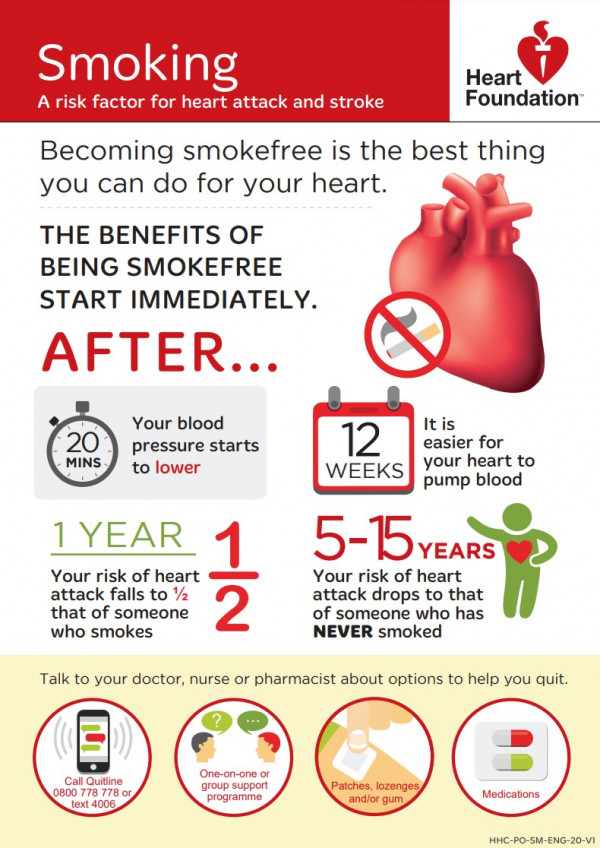
Image credit: Heart Foundation, NZ
Recent research involving a large group of people followed up for 20 years found that the sooner people quit smoking, the less likely they were to die from smoking-related conditions eg, cancer, cardiovascular disease and lower respiratory disease. Those who stopped under the age of 35 years were able to completely reverse the mortality risks (risks of dying) associated with smoking. So the sooner you quit the better it will be for you and your whānau.
Smoking not only affects you but also damages the health of those around you, your fertility and your unborn child if you are pregnant. If you are pregnant, it is vital for your baby's health that you stop smoking. Read about smoking and pregnancy and being smoke free for your children.
Learn about all the nasties that exist in a cigarette(external link) it may put you off smoking for good.
Use the interactive tool What is smoking doing to your body?(external link) developed by Smokefree Aotearoa NZ to learn how smoking damages your health and the health of your whānau.


